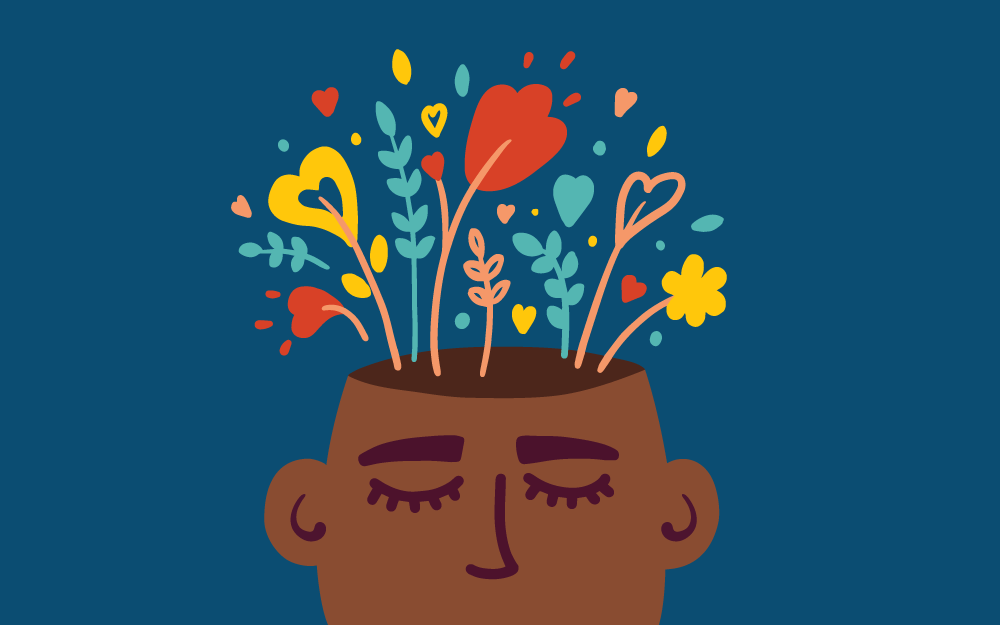In 2008, Bebe Moore Campbell National Minority Mental Health Awareness Month was founded to create greater awareness of the mental health challenges many groups face. Marked each July, the month is now known as BIPOC (Black, Indigenous People, and People of Color) Mental Health Month.
In many cases BIPOC communities experience greater rates of mental illness and substance use than the general population, with increased stigma, lack of cultural understanding from healthcare providers, and other barriers often intensifying this issue. In recognition of BIPOC Mental Health Month, Rogers is sharing resources from organizations with services specifically focused on the needs of minority populations.
Mental health resources for BIPOC communities
- One Sky Center: Though Indigenous communities generally experience a similar suicide rate as other groups, the CDC reports that suicide is the second leading cause of death among 10- to 24-year-olds. One Sky Center promotes culturally appropriate mental health and substance use resources and evidence-based care for Native populations, including a comprehensive guide to suicide prevention for American Indian and Alaska Native communities.
- Black Mental Health Alliance: In the African American community, studies show that just one in three individuals in need of mental healthcare receives the help they need. The Black Mental Health Alliance provides resources for both patients and clinicians to increase access to quality care, cultural competency, and understanding of the unique needs of this population.
- National Asian American Pacific Islander Mental Health Association (NAAPIMHA): Like many minority communities, the AAPI (Asian American and Pacific Islander) community often faces additional stigma around seeking treatment. According to Mental Health America, serious mental illness among 18- to 25-year-olds who identify as AAPI has nearly doubled over the past decade. NAAPIMHA provides resources on a variety of topics including cultural competence, suicide prevention, and the impact of racism on mental health.
- National Latino Behavioral Health Association (NLBHA): More than 56 million Americans identify as Hispanic or Latino, making this the United States’ largest racial/ethnic minority. Founded more than 20 years ago, the NLBHA advocates for Latino populations experiencing mental health and addiction challenges and provides interpreters with training specifically for behavioral healthcare.
In addition to the resources above, The U.S. Department of Health and Human Services’ Office of Minority Health also provides resources for all communities.
How Rogers can help
Rogers provides compassionate, evidence-based treatment for adults, teens, and children struggling with mental health or addiction at locations throughout the United States. To request a free, confidential screening:
- Call 800-767-4411
- Use our online form.


